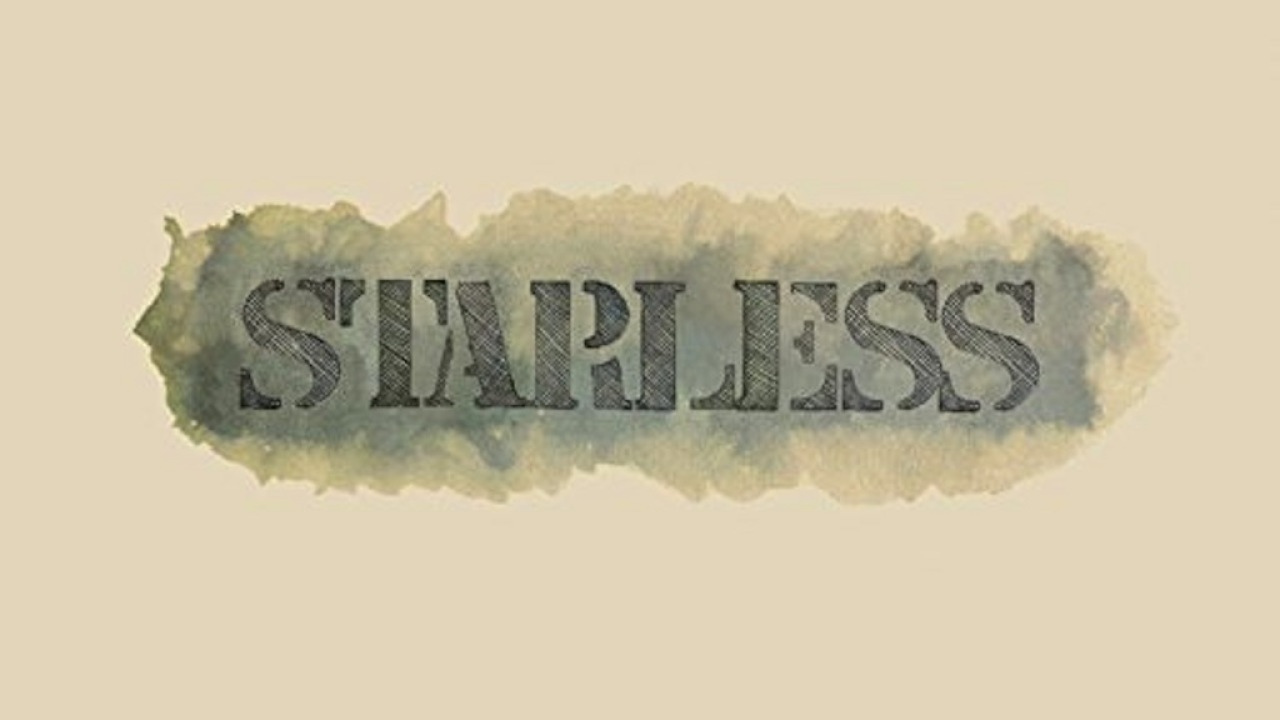You can trust Louder
Compared to this, the 14-CD Larks’ Tongues In Aspic box set was a mere trifle. What we have here is an extrapolation of the studio and live experiments of the Robert Fripp/John Wetton/David Cross/Bill Bruford incarnation of the band from late 1973 to early 1974, blowing up that transitional moment between Larks and Red (also ’74 and already afforded the lavish box-set treatment via 2013’s The Road To Red).
Featuring a 12-inch vinyl-size booklet with rare/unseen photos, a poster, a replica concert ticket and sundry other memorabilia as well as those two-dozen-plus CDs, Starless is a monument (literally – it weighs a ton) to King Crimson at their improvisatory peak.
Starless & Bible Black was always the most mysterious part of the Crimson puzzle. Was it a live album minus audience applause or a studio album with the attack and energy of a concert recording? Here that conundrum unfolds over 11 CDs taken from high-quality stereo reel-to-reel (the near-mythical Blue Tapes), eight of which make their first appearance on CD, plus seven CDs lifted from multi-track tape, the 2011 stereo mix of the album by Robert Fripp and Steven Wilson, and other DVDs and Blu-ray discs.
Together they offer the impression of a band mesmerised by their own power, reeling from the sense of total possibility, treating each night like a last stand. Diehards will devour the extraneous material and appreciate the completed picture, while newcomers are directed towards the core album, which finally merits contention alongside In The Court Of The Crimson King, Larks, Red, Discipline and the rest in the Crimson pantheon.
The Great Deceiver doesn’t so much open the album as unleash it, with fearsome duelling between Fripp’s guitar and Cross’s viola. It’s the closest thing here to conventional rock, although watch out for the choral and jazzy interludes. Lament is spectral folk-blues that erupts into manic prog. Elsewhere the notion of Crimson suspended between a folk past and a super-technoid future is played out on The Night Watch, which sounds like a madrigal one minute, and features blurry, shoegazey guitar worthy of My Bloody Valentine the next.
The title cut is nine minutes of guitar scree and bass skronk with a horror-symphonia diversion, while 11-minute closer Fracture veers from formless improv to Fripp at his most furiously intricate to an avant-funk metallic workout. You don’t need 27 CDs to learn how astonishingly varied KC were, but it’s nice to have it confirmed./o:p
Sign up below to get the latest from Classic Rock, plus exclusive special offers, direct to your inbox!
Paul Lester is the editor of Record Collector. He began freelancing for Melody Maker in the late 80s, and was later made Features Editor. He was a member of the team that launched Uncut Magazine, where he became Deputy Editor. In 2006 he went freelance again and has written for The Guardian, The Times, the Sunday Times, the Telegraph, Classic Rock, Q and the Jewish Chronicle. He has also written books on Oasis, Blur, Pulp, Bjork, The Verve, Gang Of Four, Wire, Lady Gaga, Robbie Williams, the Spice Girls, and Pink.


